Currency Crunch: Deportations & ICE raids impacting rural pueblos in Mexico
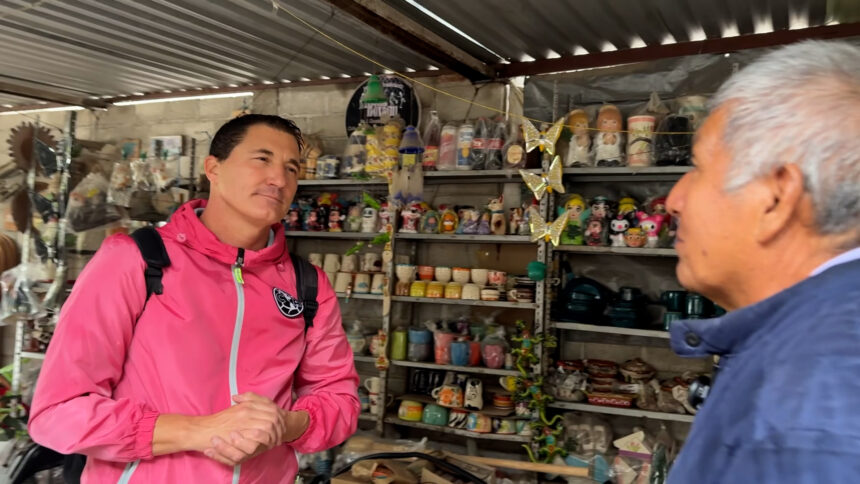
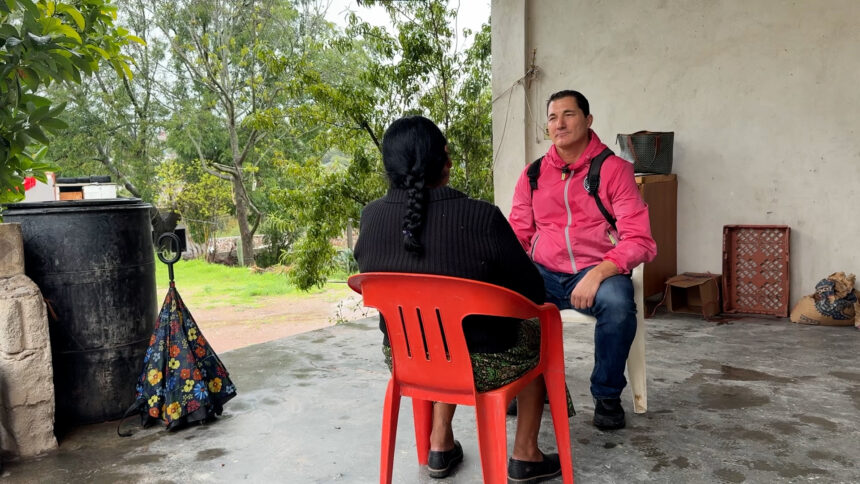
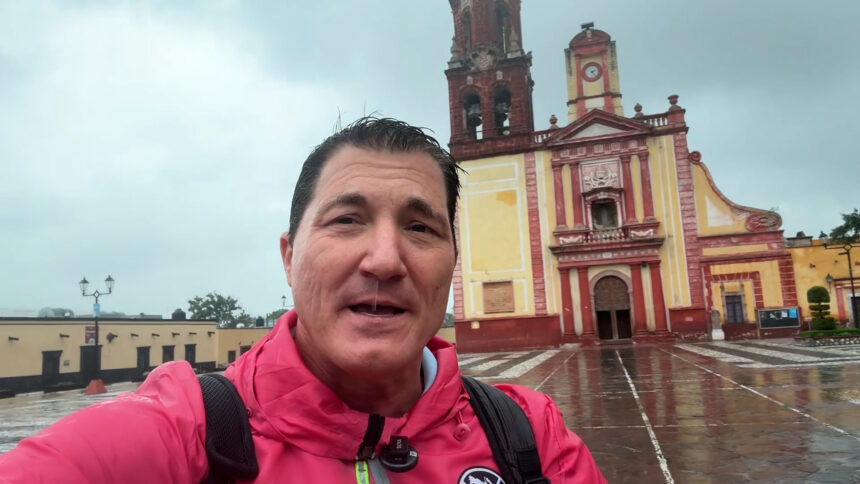
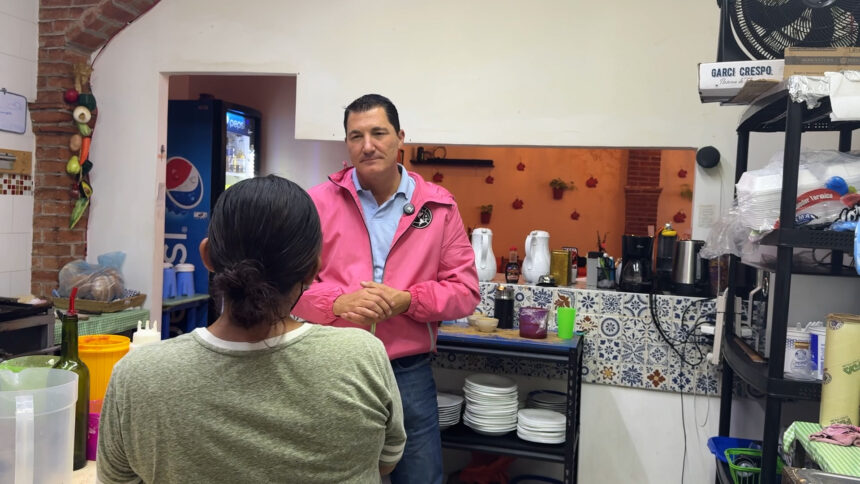
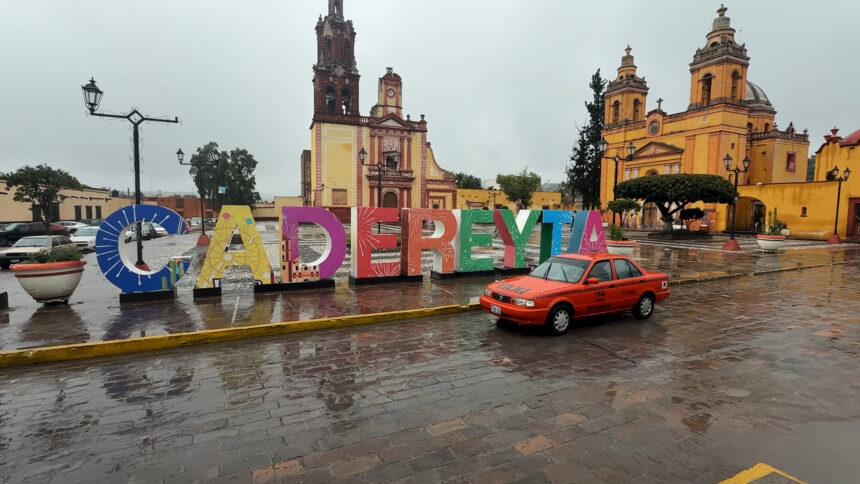
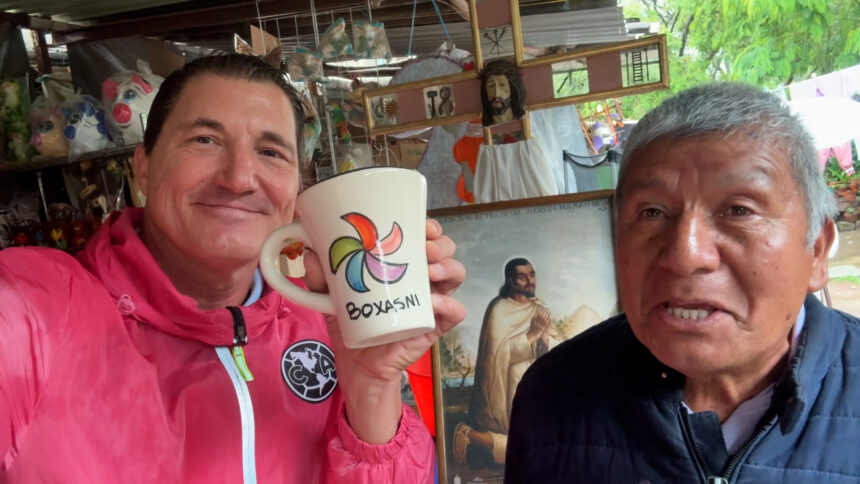
CADEREYTA DE MONTES, Querétaro (KVIA) - In a special report, ABC-7 anchor Paul Cicala traveled to the indigenous pueblos in the mountains of Querétaro, Mexico to talk to families being impacted by recent immigration changes in the United States. It's a special report you'll only see on ABC-7.
According to numbers provided by UTEP Professor & Chair for the Study of Trade in the Americas Tom Fullerton remittance transfer to Mexico are down almost 15 percent compared to this time last year.
Recent ICE raids and increased deportations have some migrants living in the U.S. on edge. That is impacting the amount of money those migrants are able to send back to family still living south of the border.
Casilda Martinez Resendiz, a 63-year old grandmother, lives in the largely indigenous town of Caderetya de Montes. The town has ties to the "Otomi" culture. Martinez told ABC-7 that she can't afford a front door to her home, and instead walks through an opening covered with a blanket. This is a true reflection of Martinez's poverty, and the importance of regular remittance transfers from her son and daughter in the United States.
Martinez says her son, Noe, and daughter, Maricela, have lived in Oregon as undocumented immigrants for almost two decades.
"If they were reported [to ICE] there'd be no more assistance sent, and it would affect my drive drastically," Martinez explained as she sat on her porch.
Martinez says currently the fear of deportation is keeping her two children from working as much as they used to. They are therefore sending smaller and fewer remittance transfers back home.
"My family living in the United States have cut much of the help I normally receive, and are sending back much less money, which I rely on," Martinez told ABC-7's Paul Cicala.
Martinez fears that, if deported, her American-born grandson will be forced to move to Mexico with his parents. Martinez says it's a country and culture he's never experienced.
"All my grandkids know is Oregon, and the USA." Martinez said one of her grandsons doesn't even speak Spanish, and is a proud citizen of the United States.
"It's a different culture in Oregon, and it'd be tough for my USA-born grandkids."
Martinez estimates around 50% of the men born in Caderetya de Montes migrate to the United States to look for work out of necessity.
Only a 15 minute drive away from Cadereyta Del Monte, is the town of Boxnasi. It's where ABC-7 spoke to Guadalupe Martinez, a tribal elder and former town leader.
Guadalupe says remittance transfers from the U.S. are an important income source for people living in Boxnasi. His family alone sends thousands of dollars a year.
UTEP Professor of Economics & Finance Tom Fullerton says that communities like these in Mexico have depended on remittance transfers for decades.
"Whenever there is a cell phone notification that ICE is conducting raids, or ICE is patrolling the streets, [migrants] just elect to remain home," said Fullerton.
According to BBVA research, there area about 12 million Mexican nationals living abroad, with 97% living in the United States. Last year, Mexicans residing north of the border sent a record $62.2 billion back home.
"To have that many workers in the U.S. sending home that volume of money represents a huge portion of their balance of payments every year," said Fullerton. "That's why it's so important, especially in those low-income communities."
Back in Cadereyta de Montes at the popular restaurant "El Jardin De Los Sabores," kitchen worker Angeles Hernandez became emotional when speaking with ABC-7's Paul Cicala.
"It's very difficult," said Angeles, "It's hard to even pay bills like the rent, electricity and water."
Hernandez says her family members in the U.S. are scared to go outside because of the raids. She says that she, too, has seen a drop off in money sent back home.
Heading back down one of the pueblo's rain-soaked thoroughfares, Casilda Martinez Resendiz reflects on her current situation.
"There's now work here," Martinez explains. "If deported, my children would have to find jobs in the big cities of the state capital of Queretaro, or in Mexico City."
Martinez feels she can only pray that these rainy days turn into a brighter future for her family abroad. In her humble home in Mexico, she hopes the rain can wash away her worries.
UTEP Professor Tom Fullerton also reiterated that the senate version of the "One Big, Beautiful Bill" includes a 1% tax on international cash transfers, calling it a "remittance tax."
Professor Fullerton and other experts say this will have a major impact on immigrants working in the U.S. as well.
Meanwhile, the Department of Homeland Security has issued this statement: "If you are here illegally, self-deportation is the best, safest and most cost-effective way to leave the United States to avoid arrest," an deportations will continue.
